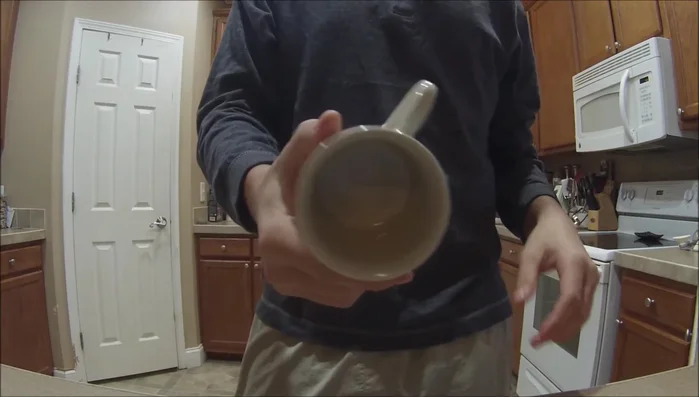Rusty fishing hooks are a frustratingly common problem, hindering your ability to land that prized catch and potentially damaging your fishing line. Nothing’s worse than a snag, especially when it's caused by your own equipment. The sharp bite of a rust-covered hook is long gone, replaced by a dull, ineffective point, and the rust itself can weaken the metal, leading to breakage at the worst possible moment. Fortunately, there's a simple and effective solution readily available in most kitchens: white vinegar. This common household item possesses surprising rust-removing power.
This article will guide you through a straightforward method for removing rust from your fishing hooks using a vinegar soak. We'll detail the process step-by-step, ensuring you can quickly restore your hooks to their sharp, reliable condition, saving you time, money, and frustration. Ready to get your hooks back in fighting shape? Let's dive into the vinegar soak method.
Preparation and Safety Guidelines
- White Vinegar
- Container (old cup or bowl)
- Always wear gloves when handling rusty hooks and vinegar. Vinegar can irritate skin, and rust can be harmful.
- Work in a well-ventilated area. Vinegar fumes can be strong and potentially irritating to the respiratory system.
- Dispose of the vinegar solution responsibly after use. Do not pour it down the drain as it may corrode pipes. Check local regulations for proper disposal.
Step-by-Step Instructions
Preparation
- Gather rusty fishing hooks.
- Place the hooks in a container.

Preparation Soaking in Vinegar
- Completely submerge the hooks in white vinegar.
- Let the hooks soak for 24 hours (or longer if needed).


Soaking in Vinegar Cleaning and Drying
- Remove the hooks from the vinegar and rinse with water.
- Dry the hooks thoroughly to prevent further rust.
- Clean any remaining rust residue with a cloth or brush.


Cleaning and Drying
Read more: Ultimate Hook Box Organization for Bass Fishing
Tips
- This method works best for light to moderate rust. Heavily rusted hooks may require additional soaking time or other rust removal techniques.
- Thoroughly drying the hooks after cleaning is crucial to prevent re-rusting.
- This method is suitable for hooks intended for casual fishing, not necessarily competitive tournament fishing where extreme sharpness is critical.





